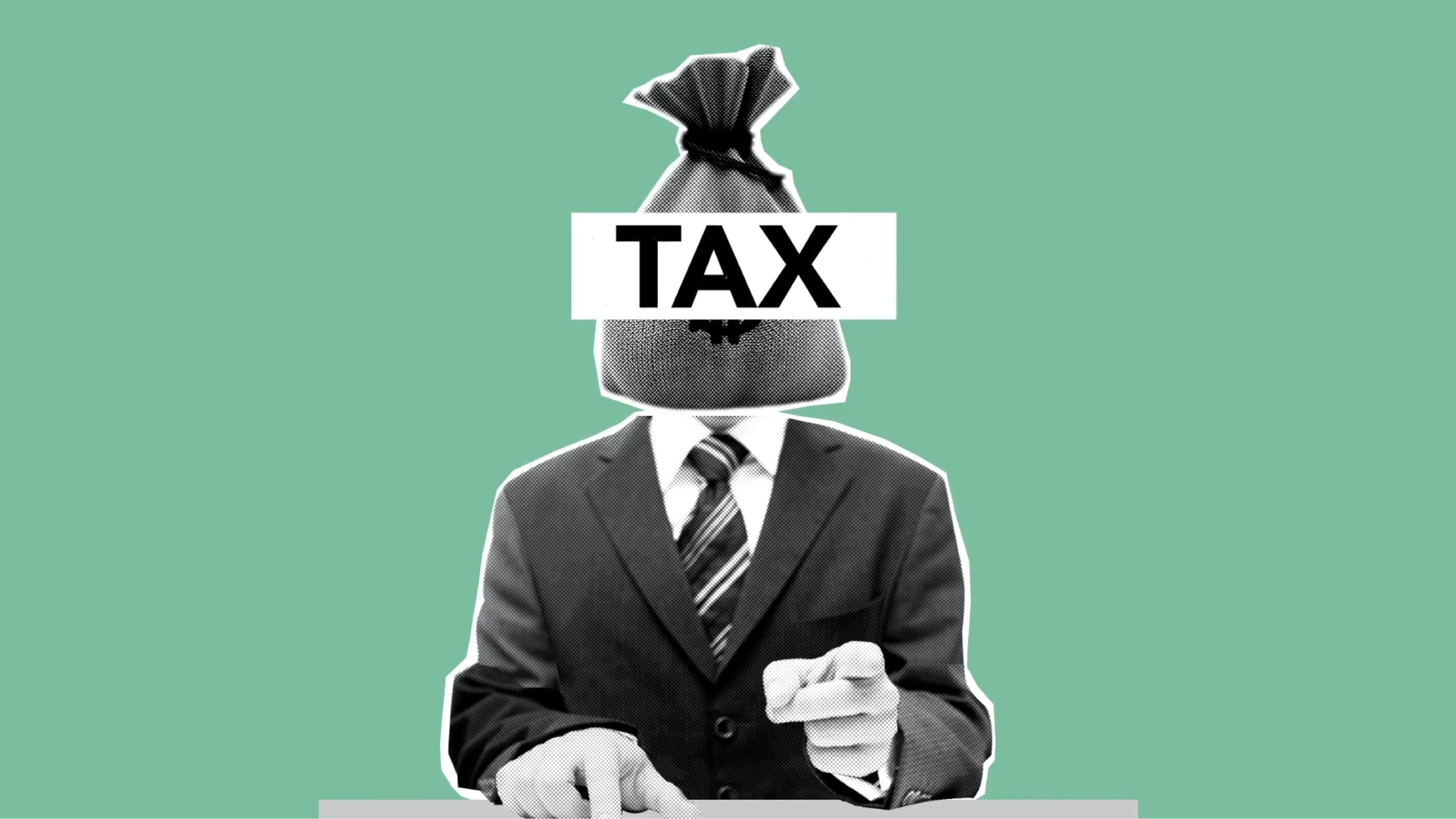- cross-posted to:
- [email protected]
- cross-posted to:
- [email protected]
Legislation to enact the digital services tax is currently before Canada’s Parliament. Once it passes, “the tax would begin to apply for calendar year 2024, with that first year covering taxable revenues earned since Jan. 1, 2022,” the Finance Department said in budget documents published Tuesday.
The tax would be a 3% levy on the digital services revenue a company makes from Canadian users above C$20 million ($14.5 million) in a calendar year. It would apply only to companies with annual worldwide revenue of more than about C$1.1 billion. Alphabet Inc. and Meta Platforms Inc. are among those set to be impacted.
The government points out in the budget that at least seven other countries, including the UK, France, Italy and Spain, already have similar taxes in place.
Canada’s parliamentary budget officer has estimated the tax will raise about C$7.2 billion over five fiscal years.



That doesn’t seem like enough. The richest individuals can make that much in a month, so having every major corporation in the digital space only generate $7.x billion in digital services tax revenue over 5 years seems like nothing. Some of these companies are worth over multiple trillions of dollars.
“five fiscal years” is such an odd scale to me, perhaps to inflate the number versus a single fiscal year?
It’s a start, and keep in mind their value is based on global operations, but it’s only reasonable for Canada to charge tax on the Canadian portion of the business. We account for about half a percent of the world population, so if everybody else has a similar rule and proportional spending it would work out close to $300 billion per year.